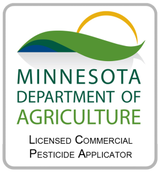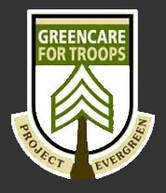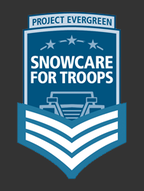|
Pesticide Facts:
Pesticides are EVERYWHERE. The term "pesticide" often carries a negative connotation. Many individuals mistakenly equate pesticides with poisons. However, a pest is simply anything unwanted, and a pesticide is any substance that eradicates pests. Items like antibacterial soap, dishwasher detergent, and laundry soap technically qualify as toxic pesticides because they eliminate germs (germicides). Yet, when used properly, these items are safe! The same principle applies to products designed to safeguard plants. Just as soap manages harmful pathogens humans encounter, lawn care products control weeds, insects, and fungi that harm plants. The regulations, testing procedures, and certifications for the products we employ on your property are stringent. Initially, the EPA assesses them at the national level (the United States boasts one of the most rigorous registration processes globally). Subsequently, our state conducts its own tests to ensure their safety. No product capable of causing cancer in any mammal or polluting the environment is permissible for lawn application. For more information regarding pesticides, visit the National Pesticide Information Center: http://npic.orst.edu/faq/index.html Pesticides and PEOPLE. The Agricultural Health Study was created to investigate the connection between chemical exposures and health. From 1993 to 1997, 52,394 licensed private pesticide applicators from Iowa and North Carolina, along with 32,345 of their spouses, participated in the study. The study indicated that pesticide applicators actually exhibit lower rates of many diseases when compared to the general population. There was no indication that licensed pesticide applicators experience higher rates of cancer or disease than the general population. The exception for this fact is regarding organophosphate insecticides & organochlorine chemicals categories, which West Metro Lawn & Snow does NOT use. Because your loved ones are exposed to far less pesticides than a licensed pesticide applicator, you can rest assured that they are safe to enjoy your beautiful lawn! Please note: West Metro Lawn & Snow’s Lawn Care Specialists and Operations Manager are licensed Commercial Pesticide Applicators. Commercial Pesticide Applicators take two or more closed book exams to first get their license. They are then required to take annual continuing education on the subjects of pesticide safety, environmental effects, and best application practices to maintain their certification. Learn more about the study here: https://aghealth.nih.gov/news/index.html Pesticides and PETS. Pesticides are often used directly on pets to control fleas and ticks. Always follow the directions on the label carefully. Again, when pesticides are used properly, they are safe! The same can be said for your pet’s interaction with pesticides used on your lawn. To maximize your pet’s safety, it is suggested to keep your pets off of the lawn until any liquid products have completely dried (typically within minutes of application). Pets may use the lawn immediately after a granular product is applied. Pesticides and FOOD. When utilized as directed on labels, pesticides like insecticides, herbicides, and fungicides shield crops from harmful insects, diseases, and weeds, ensuring the safety of food supplies. Under the Food Quality Protection Act (FQPA), the Environmental Protection Agency (EPA) is mandated to ensure that all pesticides utilized on food in the United States adhere to FQPA's rigorous safety standard. The US Department of Agriculture (USDA) has a national pesticide residue monitoring program called the Pesticide Data Program (PDP). The PDP manages an extensive database encompassing sampling, testing, and reporting of pesticide residues on agricultural commodities within the U.S. food supply, with particular focus on foods frequently consumed by infants and children. Because of these programs, the food that we consume today is safer than ever before. Pesticides and PERSPECTIVE.
Lastly, it may be most helpful to gain some perspective on pesticides' relative "toxicity" in relation to other common products that many of us use each day! Glyphosate, the pesticide used in the "harshest" of lawn care products (Roundup), is considered relatively non-toxic when compared to Acetaminophen (Tylenol) and Caffeine. Comments are closed.
|
Details
Chris HalvorsonArchives
July 2024
Categories
All
|

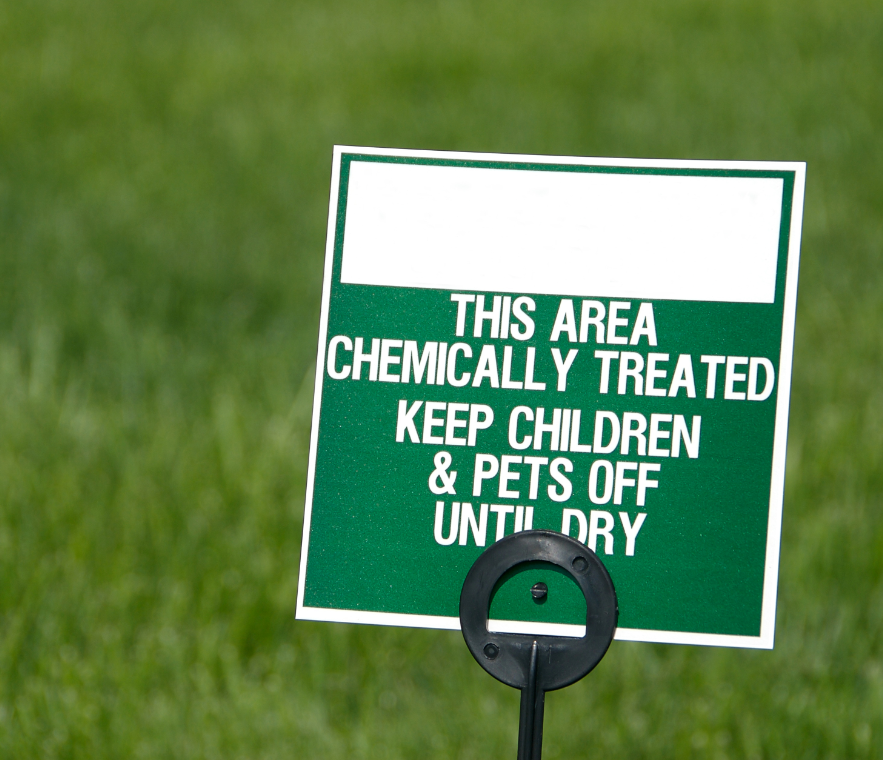
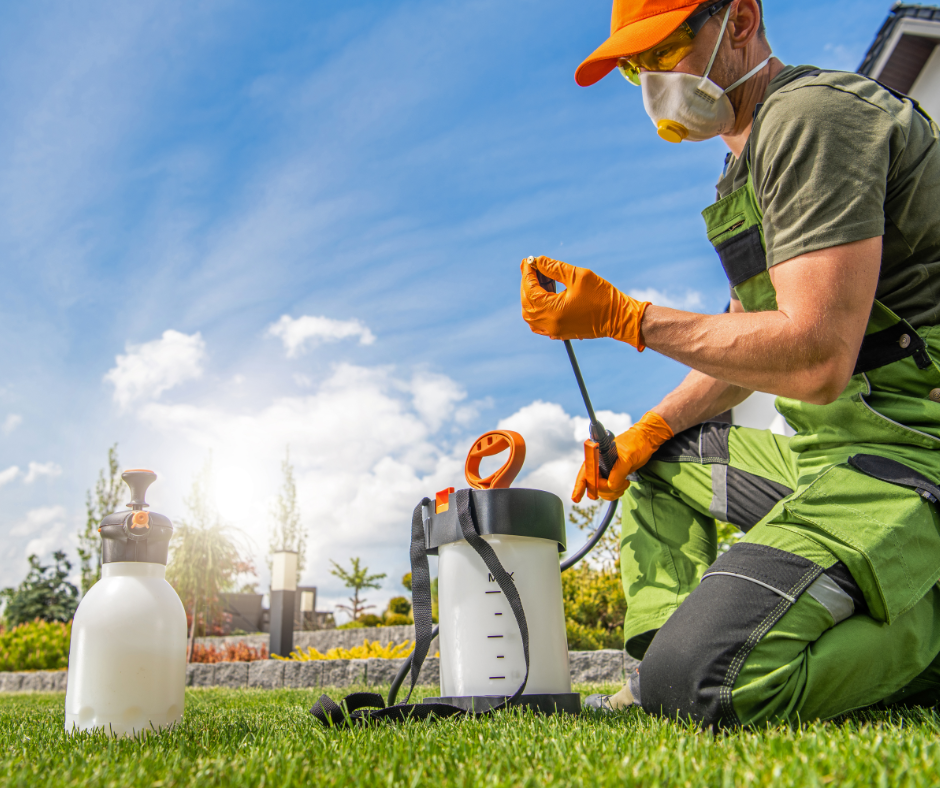
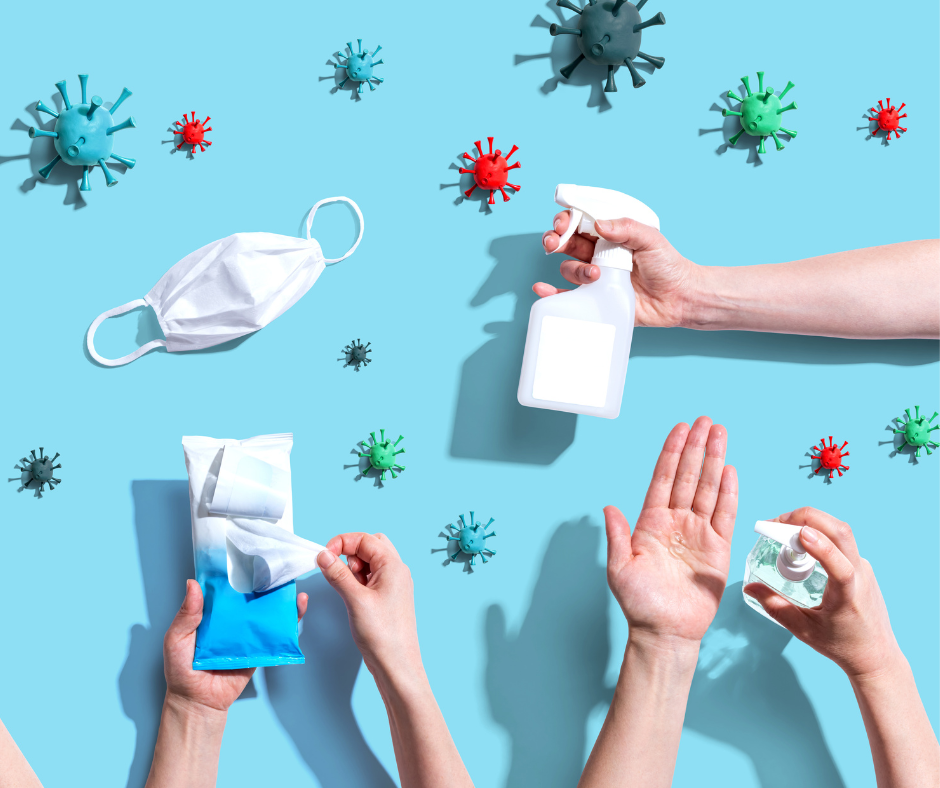
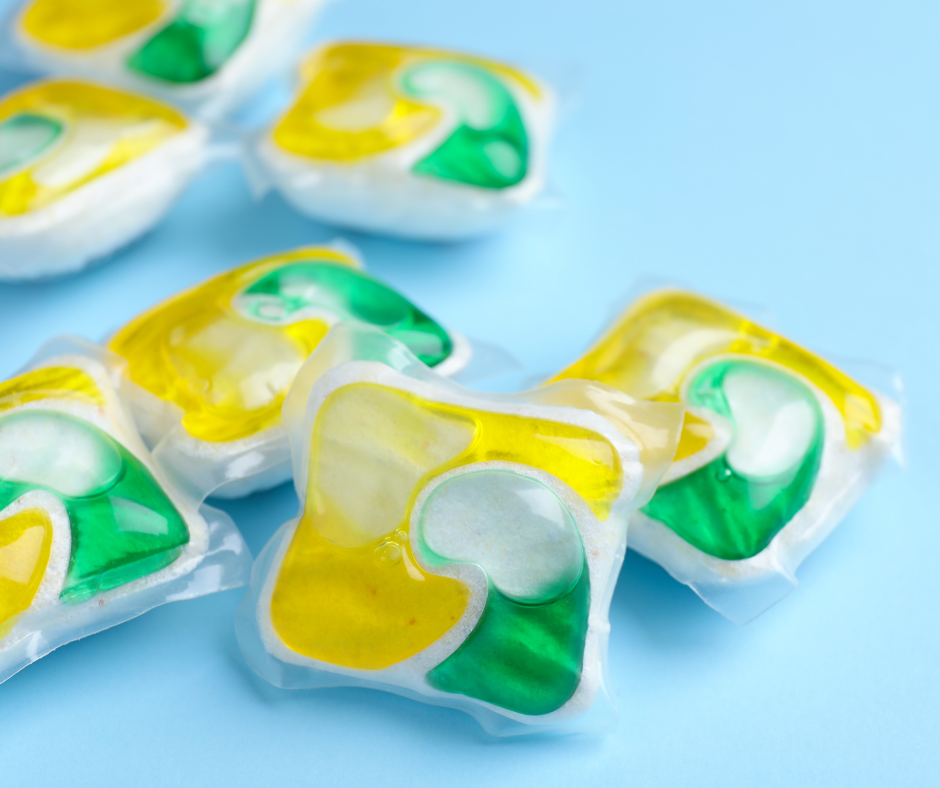



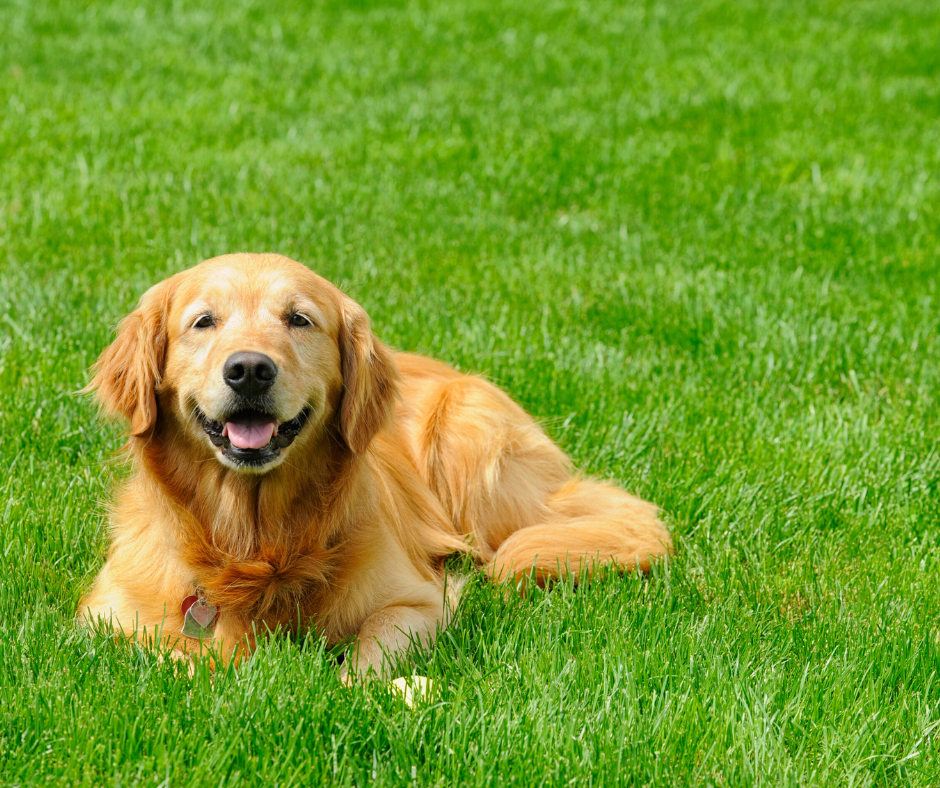
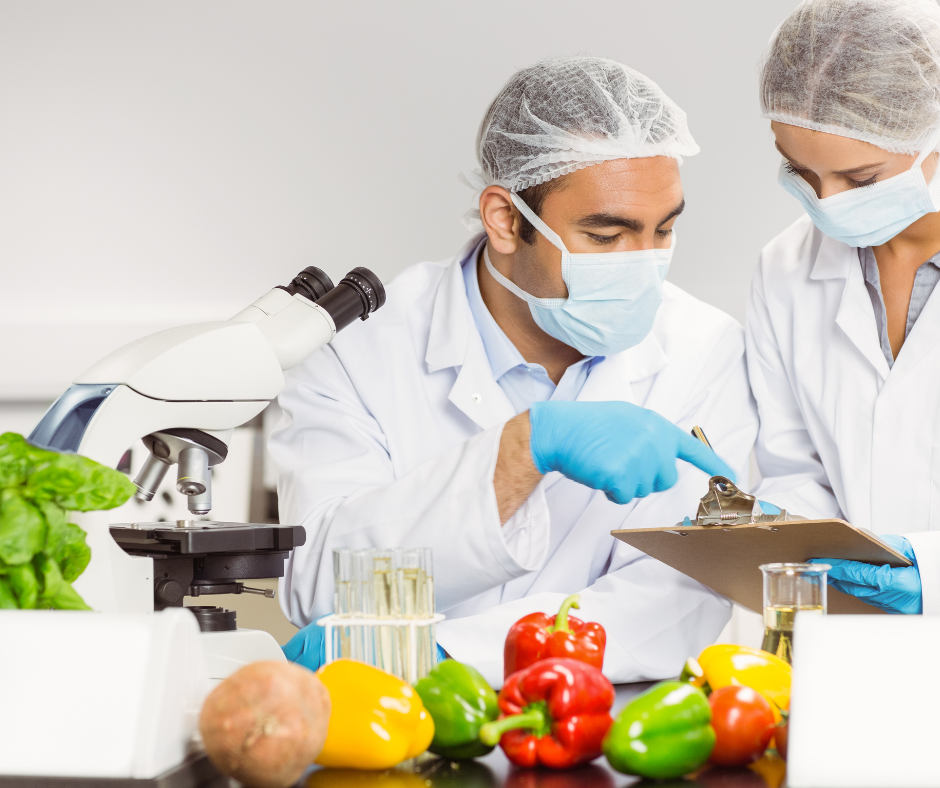
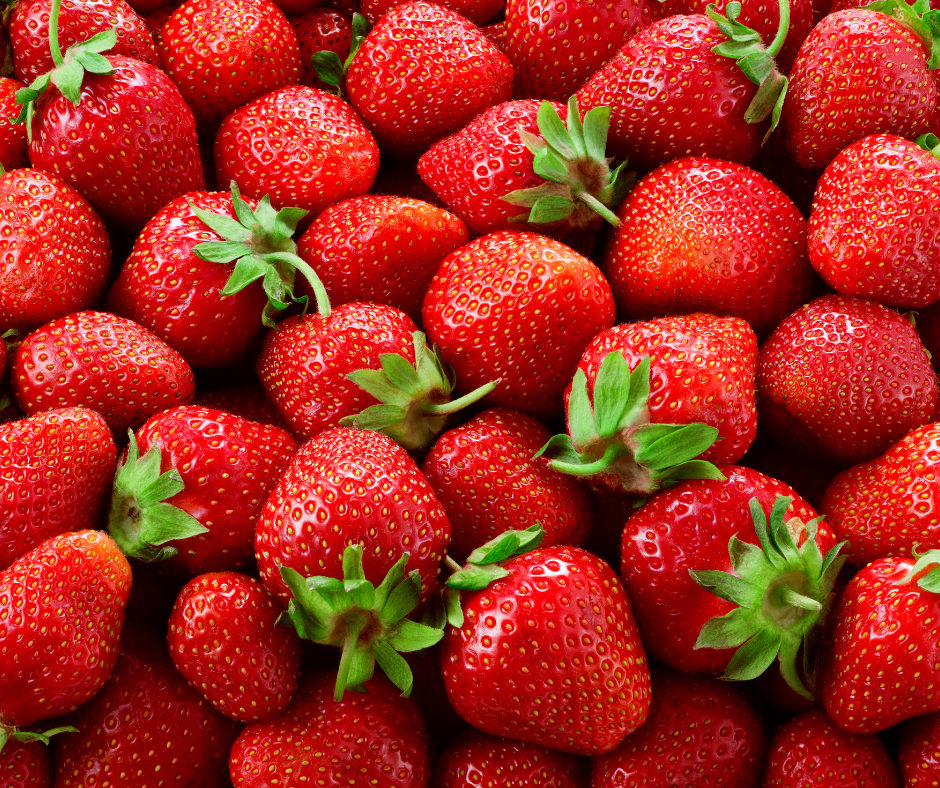
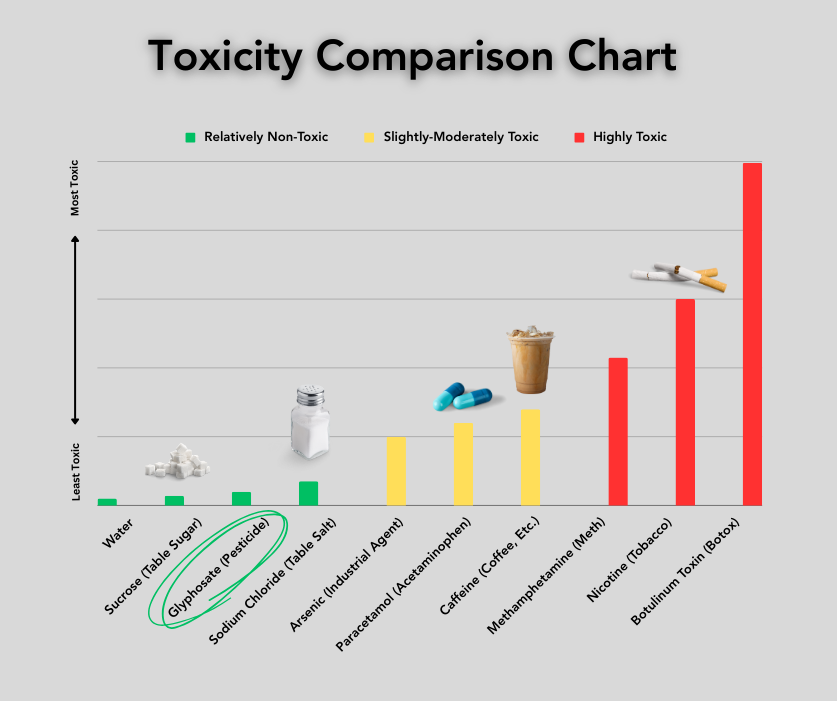
 RSS Feed
RSS Feed
